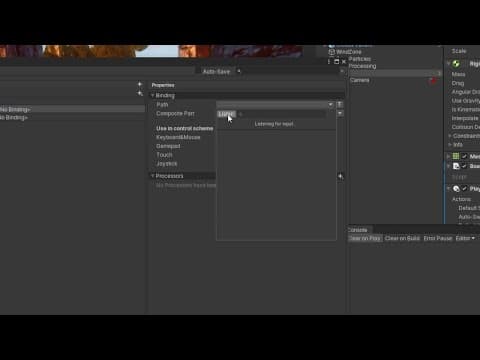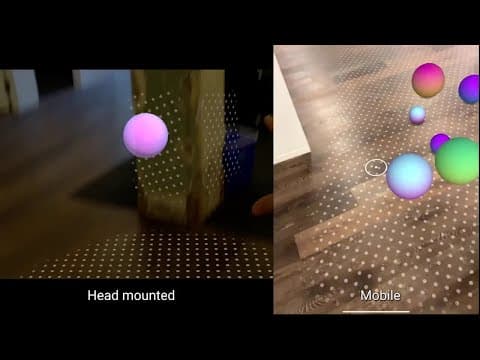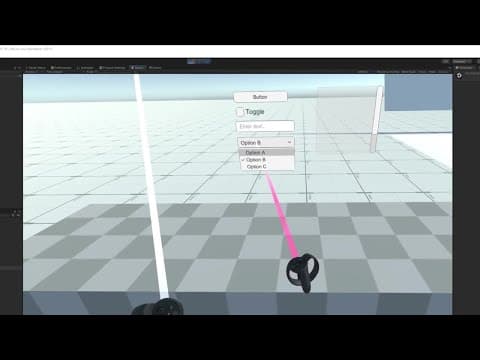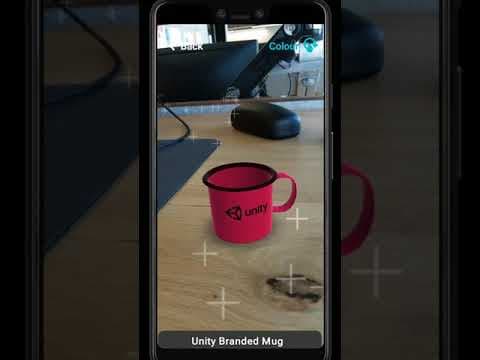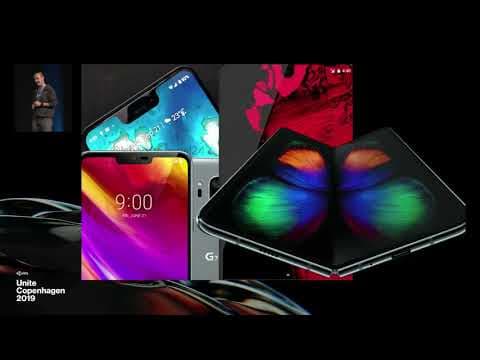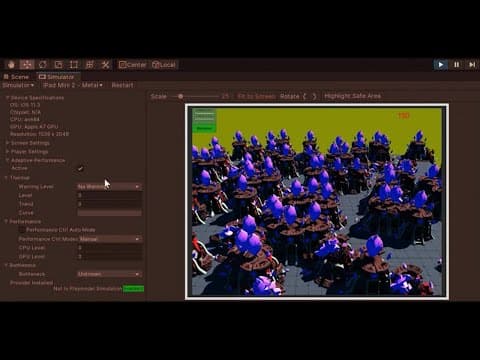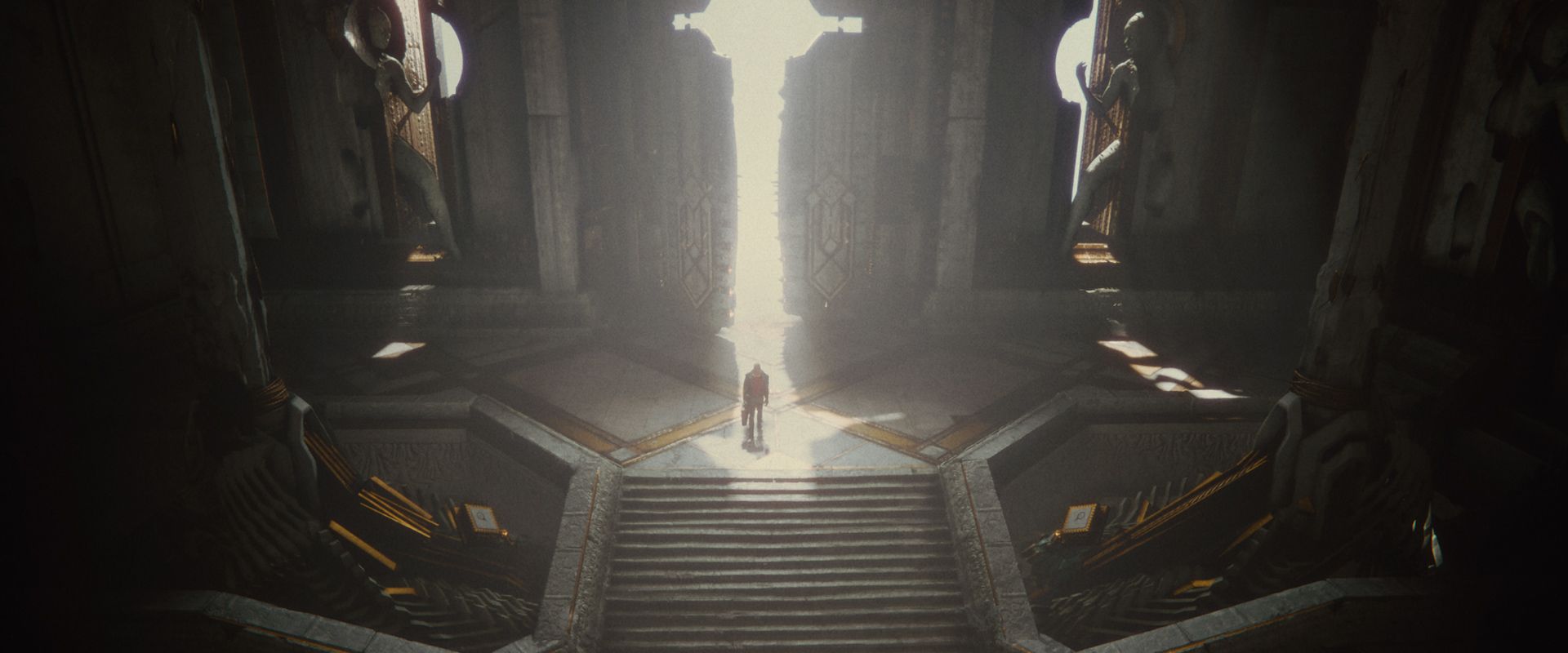
Platform updates in Unity 2019.3
Unity supports more than 20 platforms, enabling you to reach a wider audience and feel confident that your IP is ready for the future, no matter how the industry evolves or where your imagination takes you.
The Input System is the new standard for integrating device controls in your projects. Its workflow is designed around Input Actions, an interface that allows separating controls binding from the code logic. The new system is consistent across platforms, extensible and customizable, and is currently in Preview.
In Unity 2019.1, we introduced a new way for you to handle garbage collection in your projects. With incremental garbage collection, rather than processing garbage collection all at once, we split the operation over a number of frames. This is helpful when you have occasional spikes in CPU usage due to garbage collection.
In 2019.3, the Incremental Garbage Collector is no longer Experimental and is now compatible with all target platforms except WebGL.
In the latest extension to our platform ecosystem, we now offer support for approved developers to create and ship their first game on Google’s Stadia cloud gaming platform. This support includes Stadia-enhanced features like State Share and Stream Connect, as well as the Stadia Controller with YouTube and Google Assistant integration. These features will enable you to push the edges of what’s possible on the platform.
If you’re interested in bringing games to Stadia, start by applying for development resources on the Stadia developer website.
Unity’s platform abstraction layer, Baselib, unifies base functionality for the most common platform-dependent operations. In Unity 2019.3, Baselib updates improve the stability and performance of parallel data structures and synchronization primitives. These building blocks ensure that data can be accessed safely in multithreaded code inside Unity.
Augmented reality and virtual reality
Unity is the leading platform for creating AR/VR applications. Check out our new features and updates to help you create powerful experiences and reach a wider audience.
The framework that enables you to build your application once and deploy it across ARKit- and ARCore-enabled devices now extends to Magic Leap and HoloLens devices.
This toolkit enables you to add interactivity to your AR or VR experiences without coding from scratch. The system is extensible so you can still customize interactions if you’d like, and it works across all our officially supported AR and VR platforms.
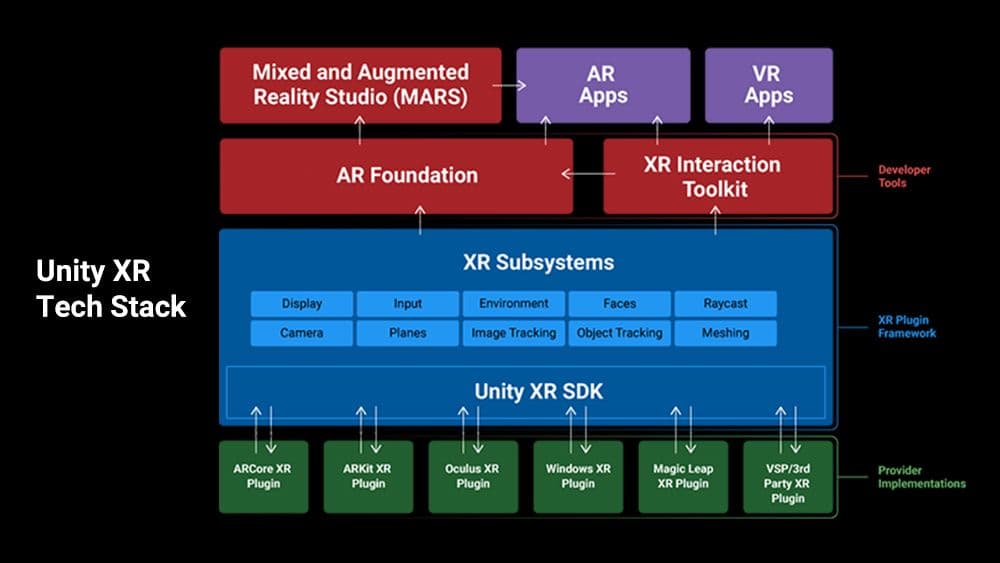
Ensure your AR and VR experiences reach the widest possible audience through our plugin architecture framework. This is an evolution of our “build once, deploy anywhere” best practice and now lets software and hardware providers develop and maintain their own Unity integrations. Learn how you can become one of our Verified Solutions Partners.
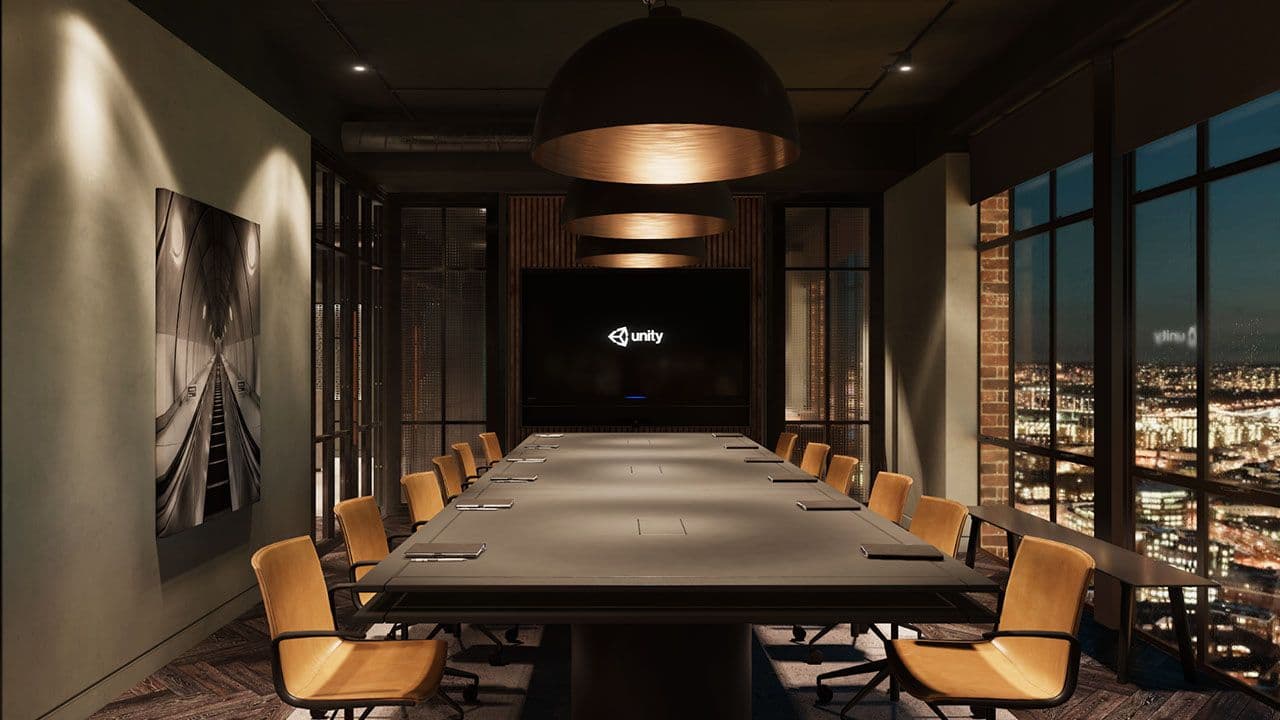
With the High Definition Render Pipeline for VR, achieve stunning, realistic graphics and lighting effects that let you push the boundaries of high-fidelity VR without sacrificing performance.
Vulkan is now enabled on Oculus Quest as an experimental feature, using multiview Fixed Foveated Rendering (FFR). This an experimental release that is only available through the new XR plugin architecture. It currently only works within the built-in rendering pipeline using multipass with post-processing disabled. It will soon work with Universal Render Pipeline (URP) when URP 7.2.0 is released. To use the feature, download the Oculus XR Plugin.
Mobile
More than half of the top 1,000 mobile games on the Apple App Store and Google Play are powered by Unity.
Insert features powered by Unity directly into your native mobile applications. With Unity as a Library, these features include, but aren’t limited to, 3D or 2D real-time rendering functions such as augmented reality, 2D mini-games or 3D models. To get started, check out the blog post, which includes instructions for Android and iOS.
Test the behaviors and physical characteristics of different devices without leaving the Editor. You can now preview specific resolutions and notch/cutout layouts in the Game view, as well as preview device-specific customizations such as selected quality settings based on device information like RAM and chipset. Watch this presentation from Unite Copenhagen 2019 where we announced the feature and others to reduce iteration time for mobile apps.
With the new OnDemandRendering class you can control the rendering loop independently from the rest of our subsystems. This means you have more control to lower power consumption and prevent thermal CPU throttling.
With Adaptive Performance you can receive feedback about the thermal state of your mobile device and react appropriately to make your games the smoothest and best performing for players. Currently supported on Samsung Galaxy S10, Note 10, and other Galaxy devices and more devices will be added over time, this functionality allows developers to ensure constant frame rates over a longer period of time while avoiding thermal throttling, even before it happens.
Desktop and web
This support enables games to scale appropriately based on the pixel density of the device, making them look better by default on different screen sizes and resolutions.
This new feature allows developers who are building for the Mac Standalone Player to generate an Xcode project for easier native debugging as well as better integration with Apple tools for packaging and distribution.

